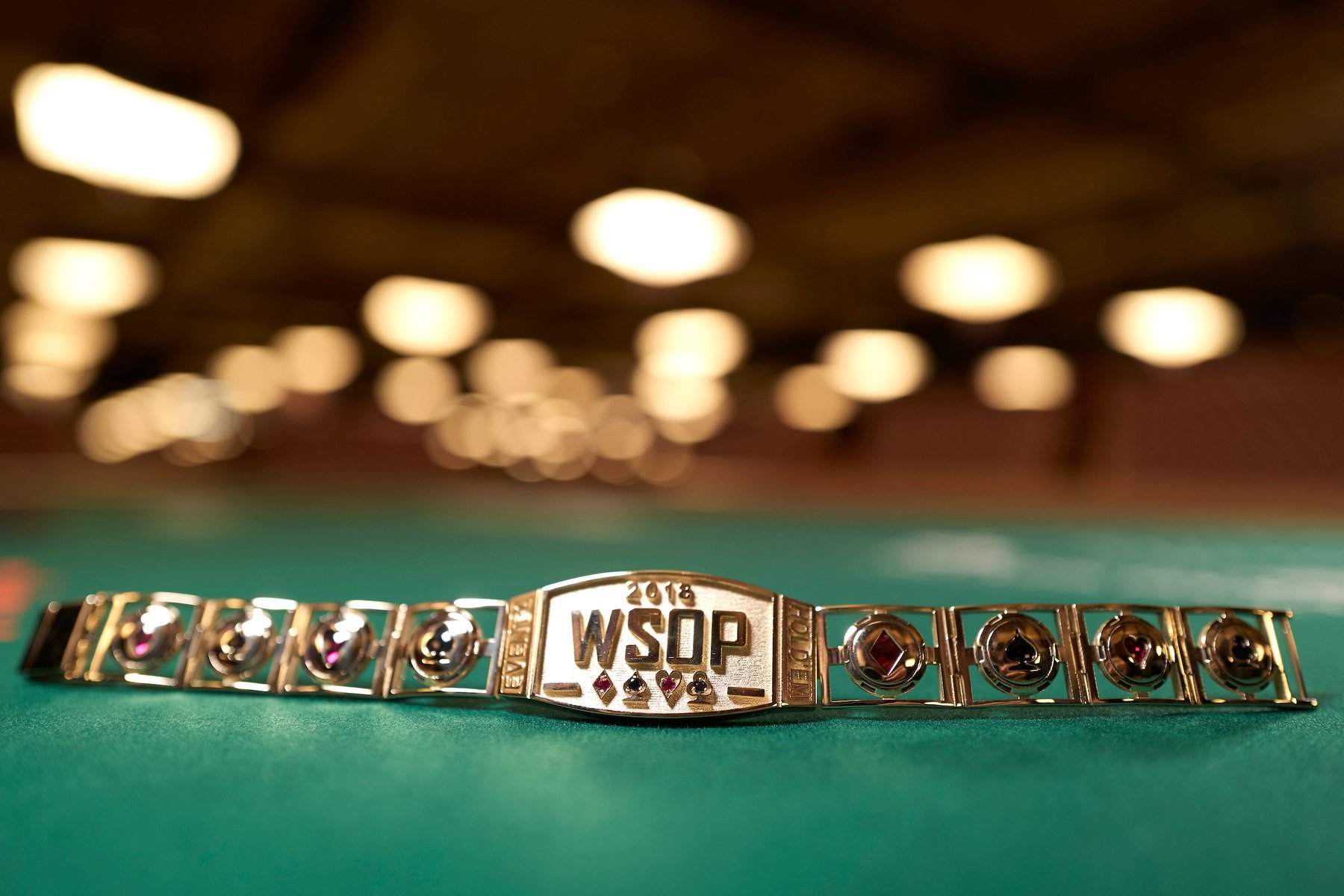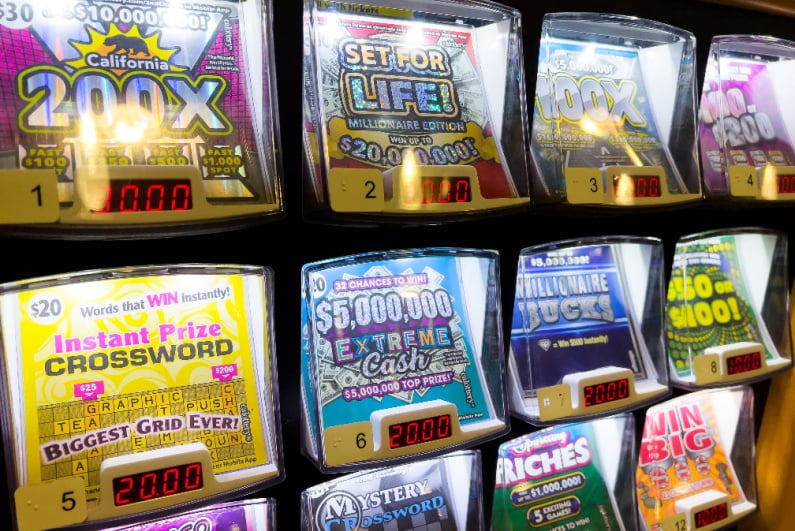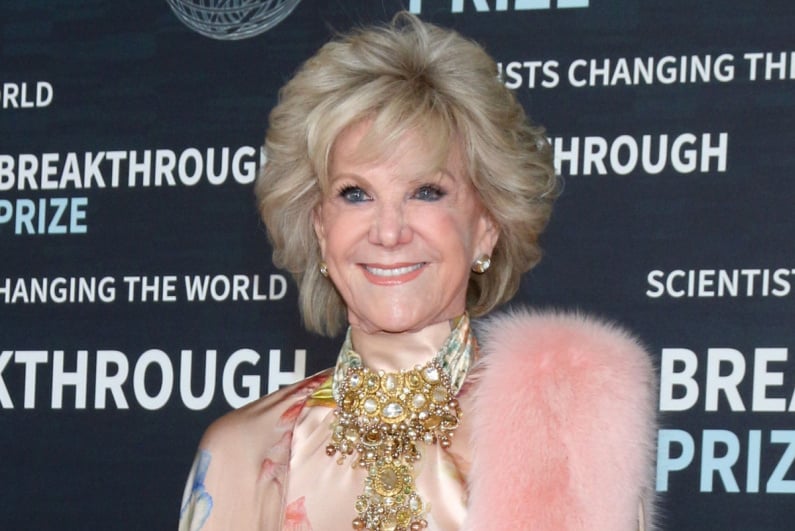The Moneymaker effect
In 2003, huddled in front of their TV sets, an audience of millions watched the then 28-year-old accountant Chris Moneymaker defeat Sammy Farha heads up to win the World Series of Poker Main Event bracelet. In an instant, the ‘fairytale’ became real life, and the ‘inconceivable’ became conceivable.
online pedigree became a thing to fear rather than ridicule
A new generation of poker players was born and the poker boom had begun. In the years that followed, younger players bloated the ever-growing WSOP fields. They came from online and were derided for that fact initially. But as the years wore on, online pedigree became a thing to fear rather than ridicule.
A 21-year-old eligible to play their first WSOP in 2003 would be 39 years old today. So, which players who began their careers then or since have accumulated the most wrist candy? Who has the most WSOP victories?
Here is a list of the ten players under 40 with the most bracelets.
George Danzer, 38
- 24 cashes
- 13 final tables
- 4 bracelets
The man they call ‘Tricky Scarfy’, George Danzer, was born in Brazil, grew up in Germany, and lives in Austria. Specializing in mixed games, he plays both live and online, a cash game grinder and tournament player with two WCOOP and four SCOOP titles.
In 2014, Danzer did that rarest of things, winning three WSOP bracelets in one year. With a big smile and his trademark mohawk (see the above video for hair-styling tips), the Pokerstars Pro took down the $10,000 Seven Card Razz and the $10,000 Seven Card Stud Hi-Lo Split-8 or Better events in Vegas before journeying to Australia for the WSOP Asia Pacific festival, where he added the $5,000 Mixed Event 8-Game title.
These three results unsurprisingly propelled him to the 2014 WSOP Player of the Year title. Then, in 2016, Danzer added a fourth bracelet to his wrist, winning the $10,000 Seven Card Stud Hi-Lo Split-8 or Better event.
These days, Danzer is an entrepreneur and doting stay-at-home dad. But don’t be surprised if, in the not too distant future, he shows up at the WSOP, looking to add to his impressive record.
Asi Moshe, 37
- 40 cashes
- 7 final tables
- 4 bracelets
Asi Moshe has only won four live tournaments, but they have all come in WSOP events. In 2014, Moshe won the $1,500 No Limit Hold’em event. In 2018, he won the €1,650 No Limit Hold’em event at the WSOPE in Rozvadov. In 2019, the Israeli took down the $1,500 No Limit Hold’em Bounty event.
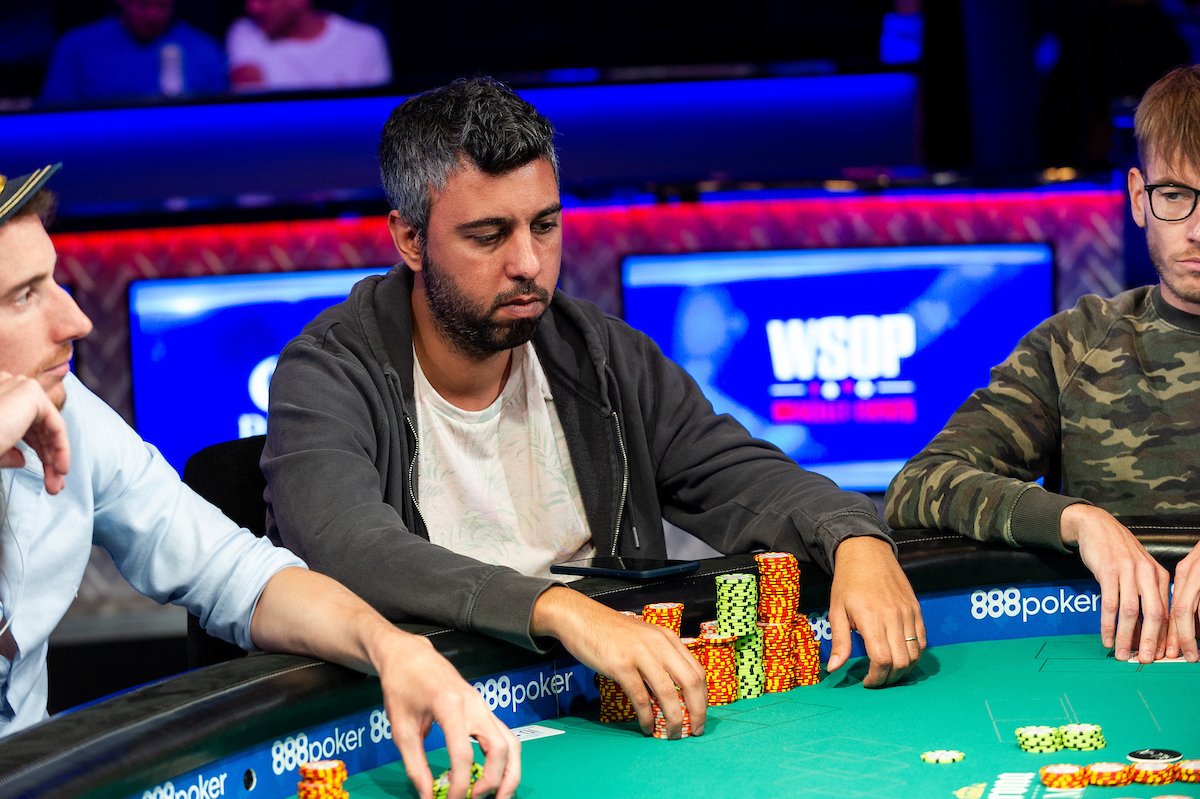
Again, he made the trip to the Czech Republic. He won the €1,650 Pot Limit Omaha/No Limit Hold’em Mix, picking up his second bracelet of the year and his fourth overall.
Jeff Madsen, 36
- 123 cashes
- 13 final tables
- 4 bracelets
Jeff Madsen burst onto the scene in 2006 when, at 21 years and 35 days, he became the youngest person ever to land a WSOP bracelet win. Just six days later, he won his second title in the $5,000 No Limit Hold’em Six-Handed event.
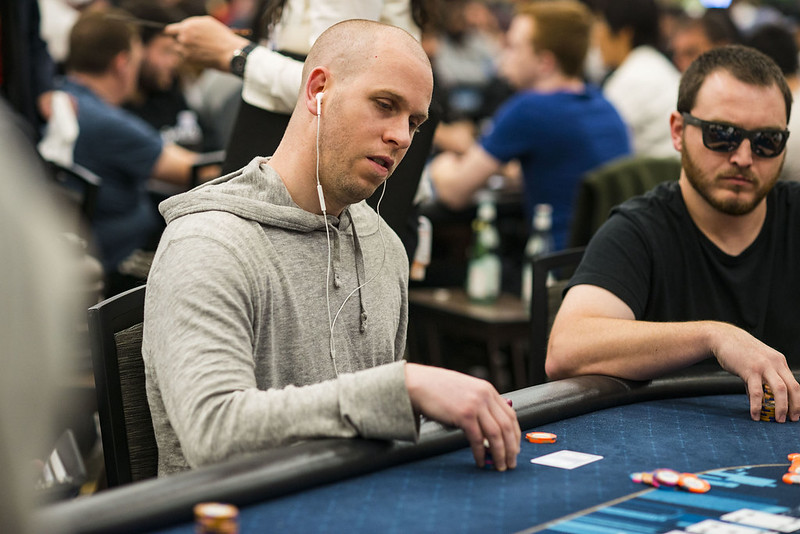
Those results, among others, meant that the freshly crowned WSOP Player of the Year was snapped up by Full Tilt Poker, where he spent several years as a ‘red pro’.
Even though there were plenty more results – Madsen has amassed $5.6m in live tournament winnings – the LA native would claim no more jewelry until 2013, when he took down the $3,000 Pot Limit Omaha event.
In 2015, he added a fourth WSOP title to his resume in the $3,000 Pot Limit Omaha Hi-Lo Split-8 or Better event.
Shaun Deeb, 35
- 95 cashes
- 18 final tables
- 4 bracelets
Shaun Deeb won his first WSOP bracelet in 2015 when he took down the $10,000 Pot Limit Hold’em Championship event. The following year, he claimed his second bracelet in the $1,500 Seven-Card Stud event. His first win was covered by CardPlayer:
2018 was a red-letter year for the New Yorker, who dominated the series. He cashed 15 times, won two bracelets, and deservedly took down the Player of the Year title, a competition he competes for most years and narrowly missed out on again in 2019.
His wins came in the $25,000 Pot-Limit Omaha 8-Handed High Roller event and the Big Blind Antes $10,000 No-Limit Hold’em 6-Handed Championship event.
Brian Hastings, 33
- 46 cashes
- 15 final tables
- 4 bracelets
Brian Hastings had made a name for himself in poker long before his first WSOP bracelet. An integral part of the ‘Cardrunners’ operation, he drew on the strength of that collective, plying his trade in high-stakes cash games.
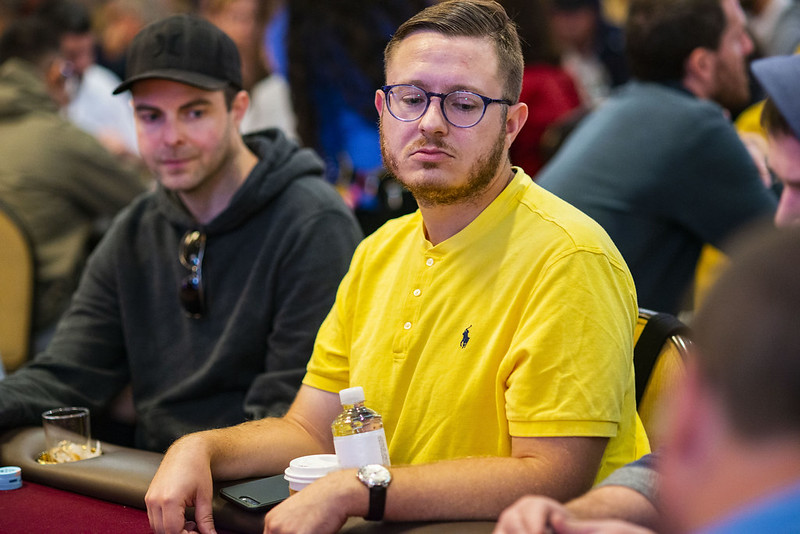
The most famous of these games came in December 2009 when he took on Victor Blom online. He beat his opponent for $4.18m in a single session (see the video below), followed by another $1.5m in a later session.
Hastings made his first big splash at the WSOP in 2012 when he took down the coveted $10,000 Heads-Up No-Limit Hold’em title, defeating Jason Mo in the final. Three years later, he proved what an all-round poker player he was, winning both the $10,000 Seven Card Stud Championship and the $1,500 10-Game title.
In 2018, ‘Hayes-tings’ again demonstrated his mixed game prowess, winning the $3,000 H.O.R.S.E event.
Joe Cada, 33
- 45 cashes
- 10 final tables
- 4 bracelets
When he won the 6,494-entrant 2009 WSOP Main Event at the tender age of 21, Joe Cada became the youngest champion ever, surpassing Peter Eastgate who won ‘the big dance’ the year before.
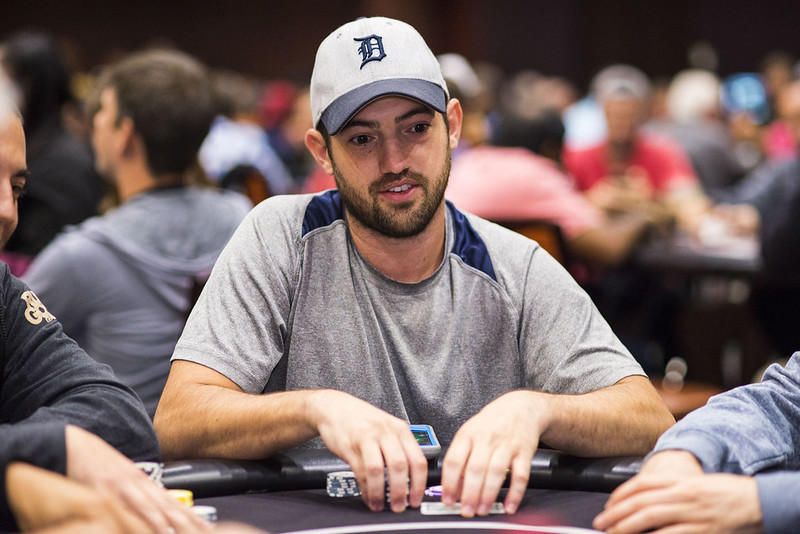
Prior to that result, the Michigander had been an online regular. David Chicotsky’s MavenTV captured some great behind the scenes footage moments after Cada’s victory:
Three more bracelets would follow for Cada, one in 2014 and two in 2018, when he took down the $10,000 No Limit Texas Hold’em Six-Handed, the $3,000 No Limit Hold’em Shootout, and the $1,500 ‘The Closer’ No Limit Hold’em events, respectively.
That last result is all the more impressive when you consider that he last-minute late-registered for the tournament seconds after busting in fifth place in the Main Event.
Michael Gathy, 32
- 33 cashes
- 9 final tables
- 4 bracelets
Possibly the player on the list who has flown most under the radar, Michael Gathy has gone about his business ‘getting it quietly’ for over a decade.
The Belgian has enjoyed tremendous success on both the live and virtual felt with both WCOOP and SCOOP titles, but his career highlights have come at the WSOP.
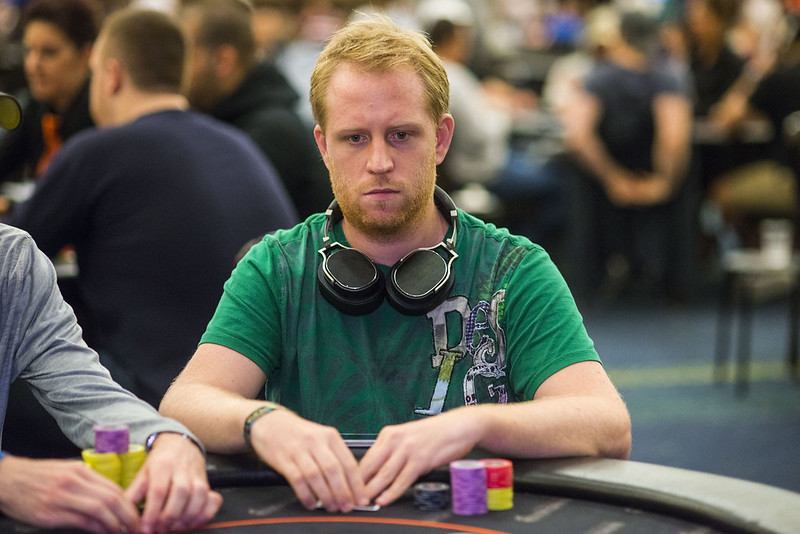
In 2012, Gathy won the $1,000 No Limit Hold’em event. The very next year, he took down the $1,000 Turbo No Limit Hold’em event. In 2016, he made it a hat-trick with the $5,000 Six-Handed No Limit Hold’em title.
Then, just last year, with the WSOP being played online, he added number four when he outlasted 4,011 other players in the $500 ‘The Closer’ No Limit Hold’em event.
Dominik Nitsche, 31
- 50 cashes
- 10 final tables
- 4 bracelets
When Dominic Nitsche first left his house to play poker, he won the Latin American Poker Tour event in Argentina. It was an auspicious start for the young German, who had already enjoyed much success on the online felt.
In 2012, he won his first bracelet, outlasting 4,619 other players in the $1,000 No Limit Hold’em event. That same year, he won a WPT title in South Africa.
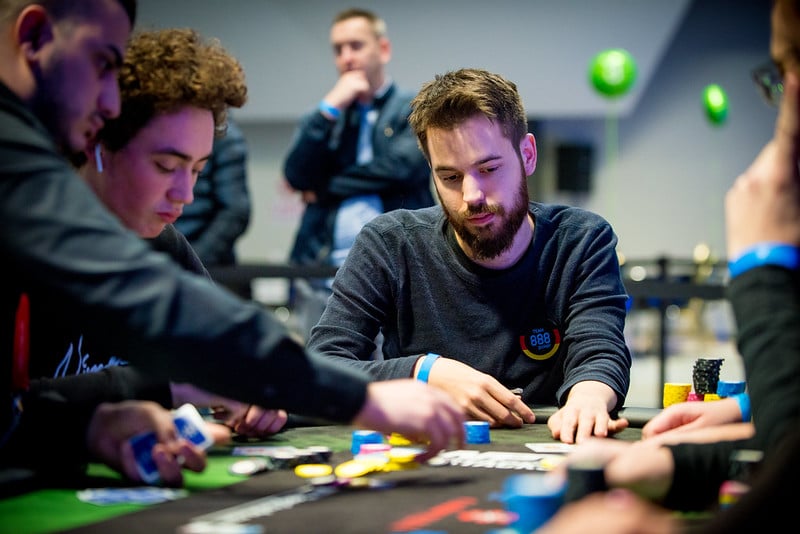
In 2014, Nitsche added two more bracelets to his collection, banking both the WSOP National Championship and another huge-field $1,000 No Limit Hold’em event. At just 23 years of age, he became the new youngest triple bracelet winner, surpassing Phil Ivey who was 26 when he won his third.
the new youngest triple bracelet winner, surpassing Phil Ivey
In a relatively short amount of time, the DTO Trainer creator has amassed live tournament wins of $18.7m, a good chunk of which came when he claimed his fourth WSOP title. In 2017, Nitsche won the 2017 €111,111 buy-in High Roller for One Drop event at the WSOPE for €3,487,463 ($4,064,000).
Nitsche is the youngest player on the list.
Daniel Alaei, 38
- 41 cashes
- 9 final tables
- 5 bracelets
Daniel Alaei started playing poker at the age of 15. He is predominantly a mixed-game cash-game specialist, but that hasn’t stopped him from accumulating an enviable amount of WSOP titles. With five wins in just nine final tables, he has the best final table conversion rate of anyone else on the list.
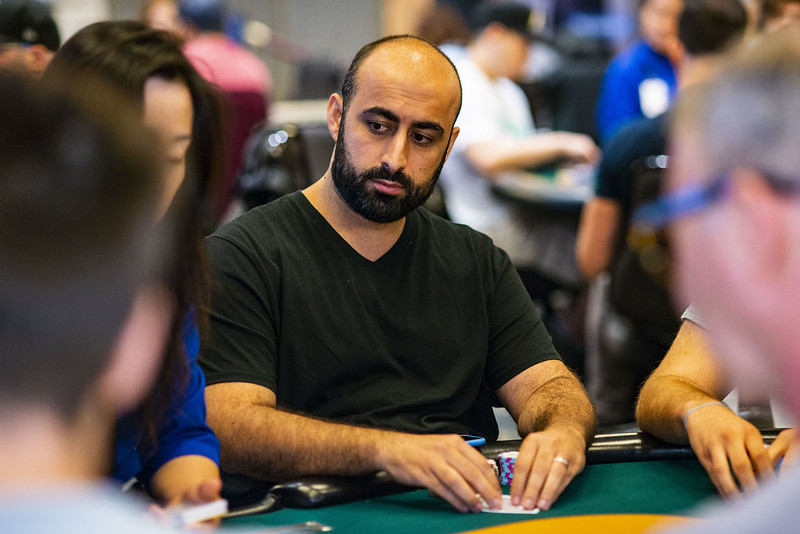
Alaei won his first bracelet in 2006 in the $5,000 No Limit 2-7 Draw Lowball event. In 2009, he took down the $10,000 World Championship Omaha Hi-Lo 8 or Better event. Then, the following year, he claimed the $10,000 Pot-Limit Omaha Championship title, and in 2013 he repeated this achievement, again winning the $10,000 PLO event.
Alaei’s most recent bracelet came in 2015 when he won the $10,000 Omaha Hi-Lo 8 or Better Championship.
Jason Mercier, 34
- 73 cashes
- 17 final tables
- 5 bracelets
Last but not least – in fact, last and perhaps best – is EPT champion, two-time WCOOP, five-time SCOOP champion, and the only other five-time bracelet winner on our list, Jason Mercier.
With $19.6m in live tournament winnings, the Floridian has made 17 final tables at the WSOP. In 2009, he was Bluff Player of the Year. In 2016, he was the WSOP Player of the Year. He is also a former GPI #1.
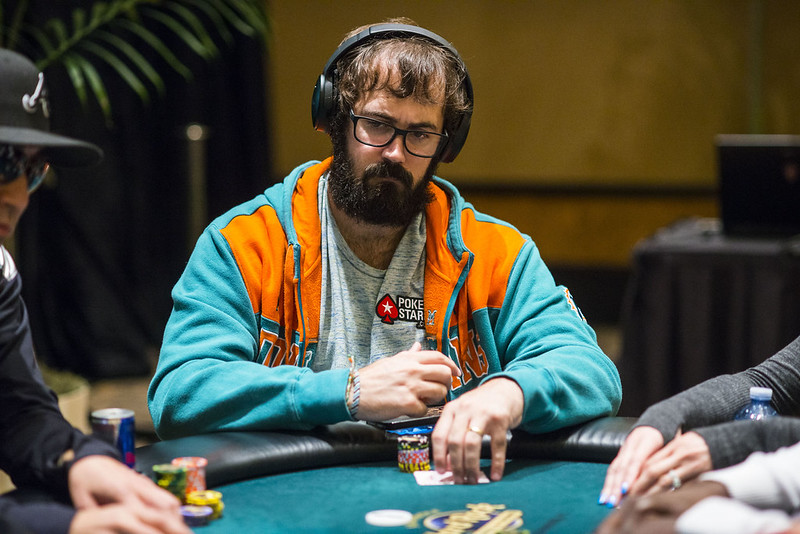
Mercier’s first bracelet came in 2009 in the $1,500 Pot Limit Omaha event. Another PLO bracelet followed in 2011, this time in the $5,000 Pot Limit Omaha Six-Handed event. In 2015, he added a third, taking down the $5,000 No Limit Hold’em Six-Handed event.
Just one year later, Mercier made it numbers four and five in quick succession when he triumphed in the $10,000 2-7 No Limit Draw Lowball Championship and the $10,000 H.O.R.S.E Championship. With that latter result, on June 18, 2016, Mercier became the 24th player to have won at least five bracelets.
Again, CardPlayer was on hand with a post-tournament interview:
Just missing out
Two players almost made it onto this list, but unfortunately for them, they both turned 40 earlier this year.
Loren Klein has four bracelets, remarkably picked up in four consecutive years from 2016 to 2019. Michael ‘The Grinder’ Mizrachi has five bracelets, three of which have come in the prestigious $50,000 Players Championship, a mixed game event that tests the elite all-round poker players in the world.
Another crossbar for this list is the three-time bracelet winner Ben Yu who, just days ago, made the final table of the $600 PLO Six-Handed WSOP Online event but ultimately bust in fourth place.
Wrapping up
Poker isn’t necessarily a young person’s game. That said, young players do collectively have an advantage over older players. They have more years in front of them and more opportunities to add to their WSOP bracelet collections.
Phil Ivey is best placed to make a run at Hellmuth in the short to middle term
Catching Phil Hellmuth’s 15 bracelets is a tall order for any player starting out in poker now. And it would not be surprising if the in-form Hellmuth got that tally closer to 20 by the end of his career. 44-year-old Phil Ivey is best placed to make a run at Hellmuth in the short to middle term, but the next challenger – if there is one – is very likely to come from this list.
While the field sizes are much larger these days, there are also a lot more events. So it’s not inconceivable that a player could emerge to challenge, especially if that person plays mixed games.

